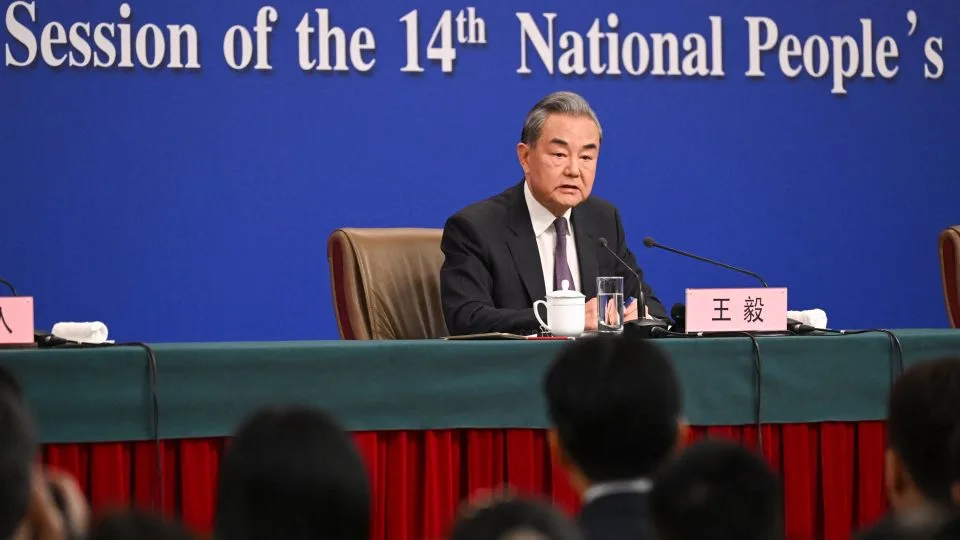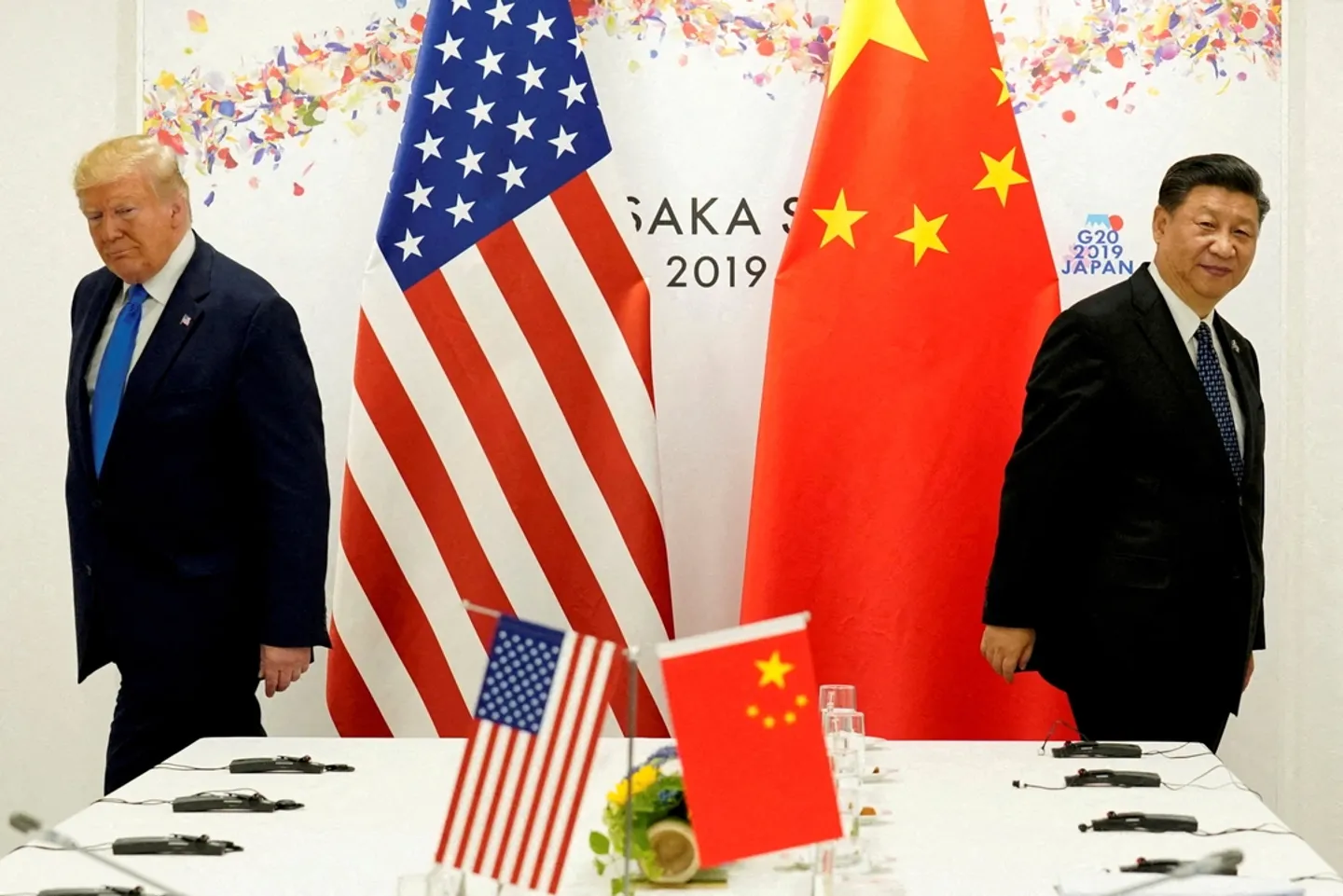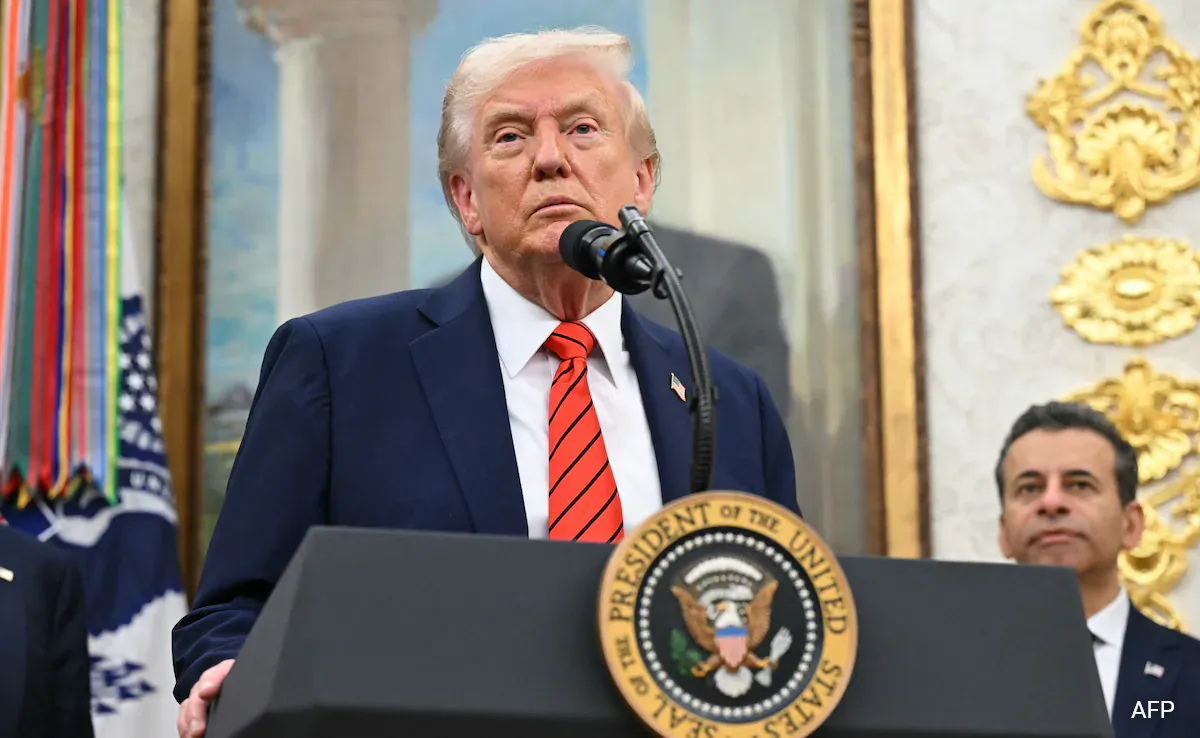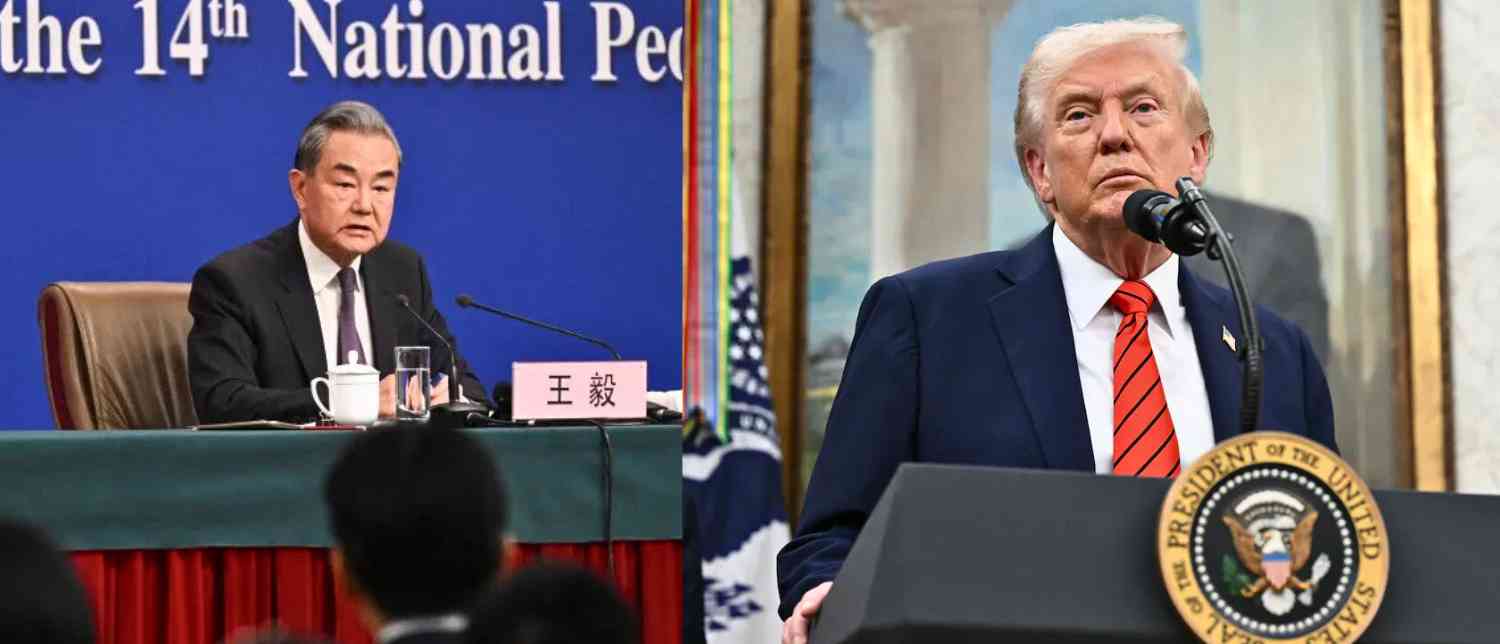China has strongly criticized the idea of a "law of the jungle" in international trade after former U.S. President Donald Trump recently ruled out imposing a 100% tariff on Chinese goods. This move comes amid a tense period in U.S.-China relations, where both countries have been using trade restrictions and tariffs as tools to gain leverage in negotiations.

For several weeks, the world watched as Trump threatened to raise tariffs on Chinese imports to 100%, which would have been a major escalation in the ongoing trade conflict between the two largest economies. The threat was in response to China's new restrictions on exporting rare earth minerals, which are vital for electronics, defense, and many other industries. China, in turn, accused the U.S. of acting unfairly and using its economic power to pressure other nations.
China's Commerce Ministry responded by saying that the repeated use of threats and tariffs is not the right way to resolve differences. Instead, China urged the U.S. to settle disputes through dialogue and negotiation. The ministry stated, "We do not want a trade war, but we are not afraid of one." This reflects China's position that while it prefers peaceful solutions, it is ready to defend its interests if necessary.

The situation has created uncertainty for businesses around the world. Many companies depend on Chinese-made goods and rare earth minerals, so any disruption in trade could affect prices and supply chains. Some experts believe that both countries are using these threats as bargaining chips, hoping to get better deals in negotiations. However, others warn that such tactics could lead to a cycle of retaliation, making it harder to reach lasting agreements.
Despite the tough talk, there are signs that both sides are still willing to talk. U.S. and Chinese trade representatives have held several meetings, and there is hope that a deal could be reached before the situation escalates further. The upcoming meeting between Trump and Chinese President Xi Jinping is seen as a crucial opportunity to find common ground.

Observers note that while tariffs and export controls can be effective in the short term, they often hurt both sides in the long run. Businesses and consumers may face higher prices, and global trade could become less stable. Many people are calling for more cooperation and less confrontation, hoping that leaders will focus on finding solutions that benefit everyone.
The recent trade tensions between the U.S. and China highlight the challenges of managing global economic relationships. While both countries have strong positions, the best outcome may come from dialogue and compromise, rather than threats and tariffs.
With inputs from agencies
Image Source: Multiple agencies
© Copyright 2025. All Rights Reserved. Powered by Vygr Media.

























